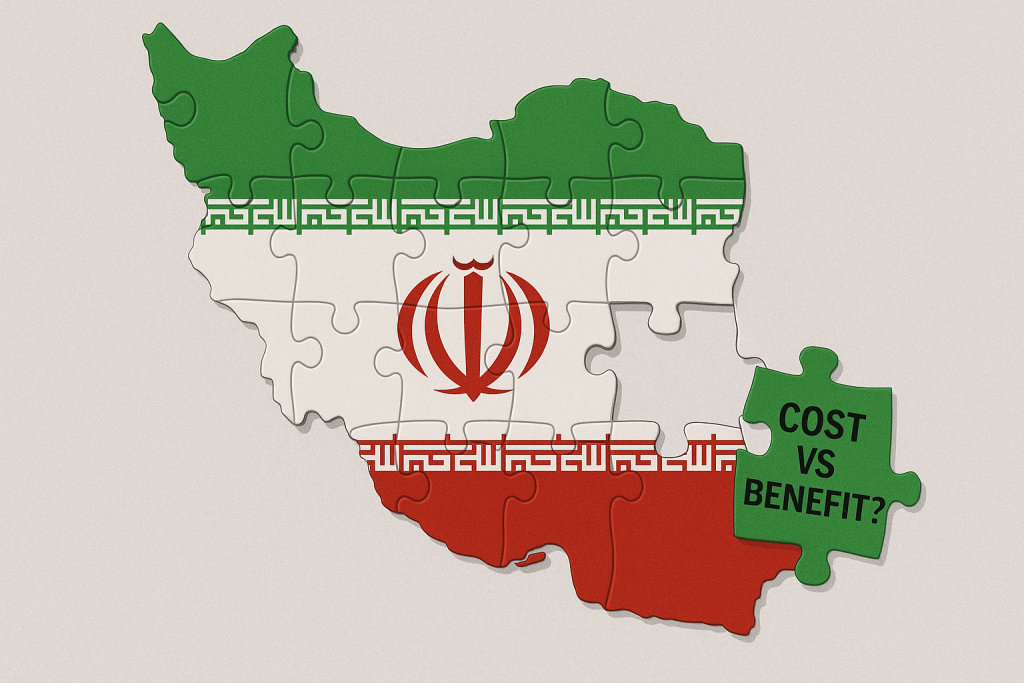In the past two years, the meteoric rise of Digital Nomad Visas around the world has really given credence to the idea of “Government-As-A-Service”. Remote workers are now spoiled for choice – and in 2023, we expect at least another four exciting programs to join the global roster.
It’s a refrain we hear a lot – especially from 40-something former world travelers who have now settled down and started families: “If only digital nomad visas existed when we were in our twenties!”
The good news is that they exist today, and an increasing volume of digital nomad families are taking advantage of these programs in search of fun, adventure and new life experiences in exotic locations.
And whether you’re a hardcore young globe-trotting nomad… Or more of a “mature” remote worker… Or a young remote-working family… the proliferation of Digital Nomad Visa programs around the world should be music to your ears.
Apart from generally giving you the ability to stay for up to one year – as opposed to only for three months – Digital Nomad Visas generally enable you to experience a place in-depth and long-term without the hassles of applying for actual residency.
Try before you buy
DNVs are therefore also a great way to properly test-drive a new location before having to commit to moving there.
So these programs are massively useful, whether you’re just looking to visit long-term, or to settle somewhere else eventually.
But without further ado, let’s take a look at some of the (mostly) new programs.
These are the expected new Digital Nomad Visas for 2023
| Digital Nomad Visa Program | Minimum Income Requirement (Single Applicant) | Maximum Visa Validity & Renewals | Visa Application Fee (Primary Applicant) | Who Can Apply? | Family Members Eligible? |
|
Spain Digital Nomad Visa Launching Q1 2023 |
TBC
Expected to be around €2,100+, i.e. double Spain’s minimum wage |
12 months expected
(Will likely be renewable for longer periods thereafter) |
TBC | Non-EEA nationals | Yes |
|
“Work From Greece” Digital Nomad Visa While this program launched in late 2021, it’s relatively unknown still |
€,3500+ (net/post-tax) p.m. |
24 months
(Indefinitely renewable for two years at a time thereafter) |
€75 visa fee + €150 admin fee = €225 | Non-EEA nationals | Yes |
|
Italy Digital Nomad Visa Launch date TBC |
TBC
We expect this to be among the highest requirements in Southern Europe. |
TBC
12 months expected |
TBC | Non-EEA nationals, and potentially only highly skilled applicants | TBC |
|
Latvia Digital Nomad Visa Launch date TBC |
Expected to be approximately €3,200 p.m. | 12 months
(Renewable for an additional 12 months after leaving the country for 6 months) |
€60 or €120 for expedited processing | OECD countries’ citizens only | No |
* Please note that apart from the Greek program, all of these details are yet to be officially confirmed and may be subject to change without notice.
It’s worthwhile noting that the majority of the EU programs are expected to require you to have health insurance, a clean criminal record, as well as proof of accommodation in order to apply.
While the Greek DNV is rather pricey, with a minimum income of €,3500 – you’ll need to earn at least $4,800+ before tax in order to clear a post-tax salary of $3,700 – we do like the fact that it is immediately valid for two years, and indefinitely renewable. (As long as your earnings stay stable and you spend more than 6 months per year in Greece.)
Latvia could become an interesting option, however, it appears that the Latvian DNV may NOT allow applicants to add their families. Therefore, each person would have to apply individually, making it rather expensive if you have a family.
As for Bali’s DNV…
While during 2022 various media outlets reported on the coming launch of a Bali Digital Nomad Visa – and one with attractive tax perks, at that – very little progress has been recorded since.
In the meanwhile, remote workers seeking a suitable long-stay visa right now can apply for the pre-existing B211A Visa, which can be renewed, for a total stay of up to 6 months.
We were not able to find any official information confirming the specifics of this program yet. We’ll keep monitoring the situation, and will update our readers in due course.
Are there any alternative, longer-term residency options for the EU?
If you’re earning passive income – e.g. a pension, rent, royalties, etc. – and you’re looking for a longer-term EU visa solution that could potentially lead to PR or citizen, then be sure to check out the following visa programs as well:
- Portugal: D7 Residency
- Spain: Non-lucrative Residency (Active income, i.e. a remote salary, can work too.)
- Greece: Financially Independent Person (FIP) Residency
The bottomline
For digital nomads, in particular, the world is becoming a far more accessible place. As competition in the DNV space increases, we can expect to see even lower income requirements, faster approvals, and more streamlined application processes.
And, in places like Greece, if you wanted to, you could stay indefinitely on a DNV. All you need is the right information, the right support, and the will to take action.








